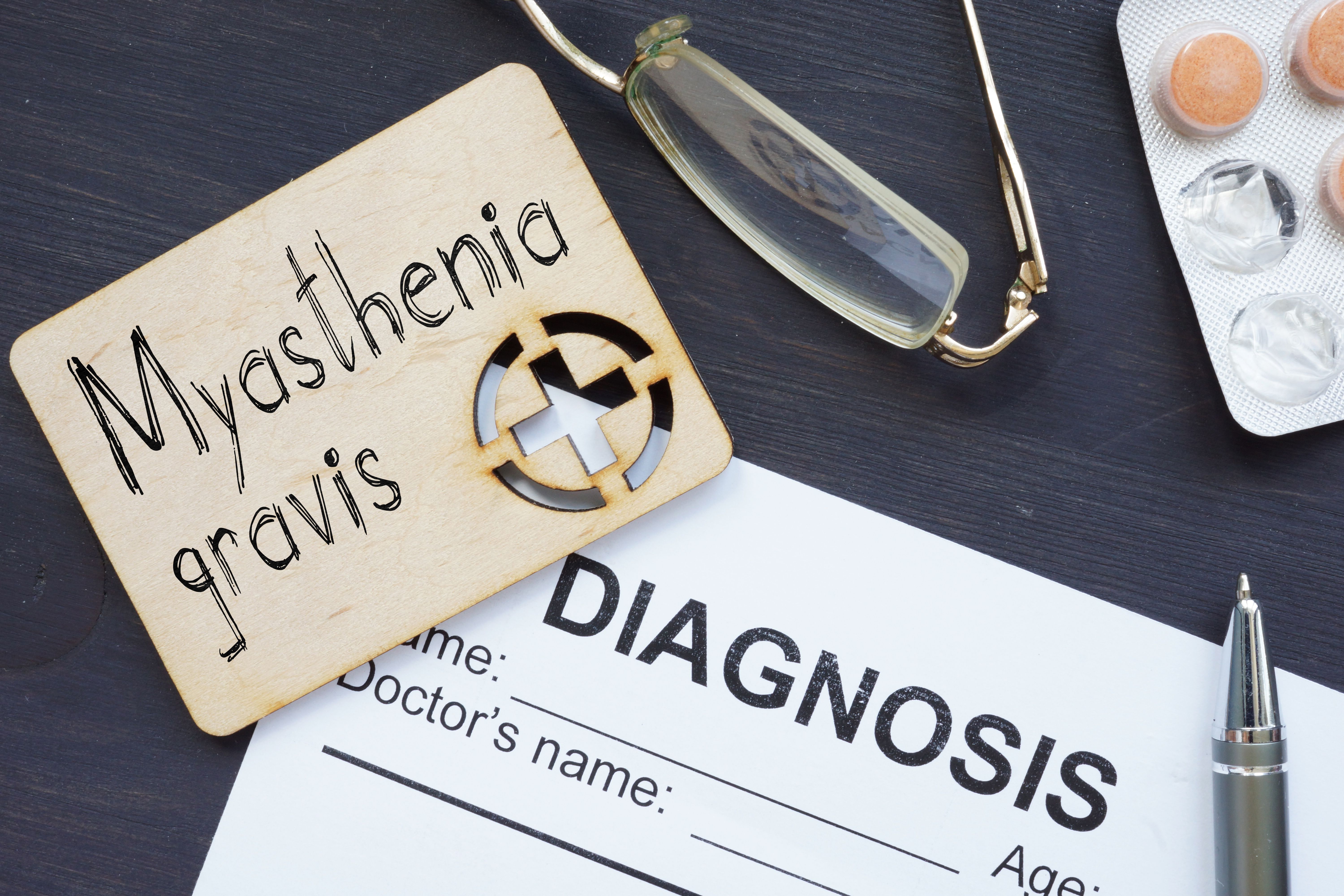News
Article
Study Finds Myasthenia Gravis Not Caused by Vitamin D Deficiency, Counter to Prior Research
Author(s):
Previous studies were not able to establish whether the risk of developing myasthenia gravis was caused by or led to vitamin D deficiency.
Vitamin D deficiency likely does not cause myasthenia gravis (MG), according to a study using Mendelian randomization (MR) assumption and published in Frontiers in Nutrition.1 The results of the study indicate that circulating vitamin D levels had no causal effect on MG [OR = 0.91 (0.67–1.22), p = 0.532], the investigators found.
Image Credit: Andrii - stock.adobe.com

“According to previous cohort and cross-sectional studies, patients with MG have lower vitamin D levels than those in the general population,” the study authors wrote in the article. “Thus, vitamin D deficiency is considered to be a potential risk factor for MG.”
Up to 250 million people worldwide may have MG, a genetic or environmental-mediated autoimmune disease that is mainly caused by a certain type of antibody—acetylcholine receptors (AChRs)—that block communication between nerve cells and muscle; in turn, this weakens the skeletal muscles.1,2
Prior research has indicated that vitamin D may be linked to an increased tolerance to autoantigens, thus it was suggested that patients with MG have significantly lower vitamin D serum levels.1 Other studies link vitamin D supplementation with a reduction in symptoms of fatigue and other associated symptoms, but there has not been a causal link between circulating serum vitamin D levels and the risk of MG.
Investigators conducted the large-scale MR analysis of patients with MG from 2 genome-wide association studies (GWAS) to identify the causal link between serum vitamin D levels and MG risk. The team used MR because it can identify genetic variation related to vitamin D.
One GWAS from the UK Biobank and Sunshine consortium evaluated the association between serum 25(OH)D levels and genetic variants—from single nucleotide polymorphisms (SNPs), phenotypic, genotypic, and clinical information—in 495,613 patients with European ancestry. Investigators then conducted a meta-analysis of datasets from SUNLIGHT consortium, a GWAS that included 79,366 patients with MG.
Using the inverse variance weighting method with MR to evaluate a potential causal relationship, their results affirmed that MG did not causally effect serum 25(OH)D levels [OR = 1.01; 95% CI, (0.99–1.02), p = 0.093]. Primary analysis results also showed that serum vitamin D levels do not causally increase the risk of MG (OR = 0.90; 95%CI, 0.67–1.22, p = 0.532). Investigators conducted MR with the MR-Egger, weight median, and MR-PRESSO (pleiotropy residual sum and outlier) methods to evaluate findings as well.
Limitations of the study include having a cohort of patients with European ancestry, with most being AchR-positive; analyzing GWAS studies that did not include patients with different antibody types; and not analyzing the influence of vitamin D on MG disease activity.
“In the future, there is a need for a larger sample size and GWAS data of other types of MG patients to update the conclusion,” the study authors concluded in the article.
References
- Fan Y, Huang H, Chen X, Chen Y, et al. Causal effect of vitamin D on myasthenia gravis: a two-sample Mendelian randomization study. Front Nutr. 2023; 10: 1171830, doi: 10.3389/fnut.2023.1171830
- Myasthenia gravis. Johns Hopkins Medicine. Article. Accessed on August 9, 2023. https://www.hopkinsmedicine.org/health/conditions-and-diseases/myasthenia-gravis
Newsletter
Stay informed on drug updates, treatment guidelines, and pharmacy practice trends—subscribe to Pharmacy Times for weekly clinical insights.





